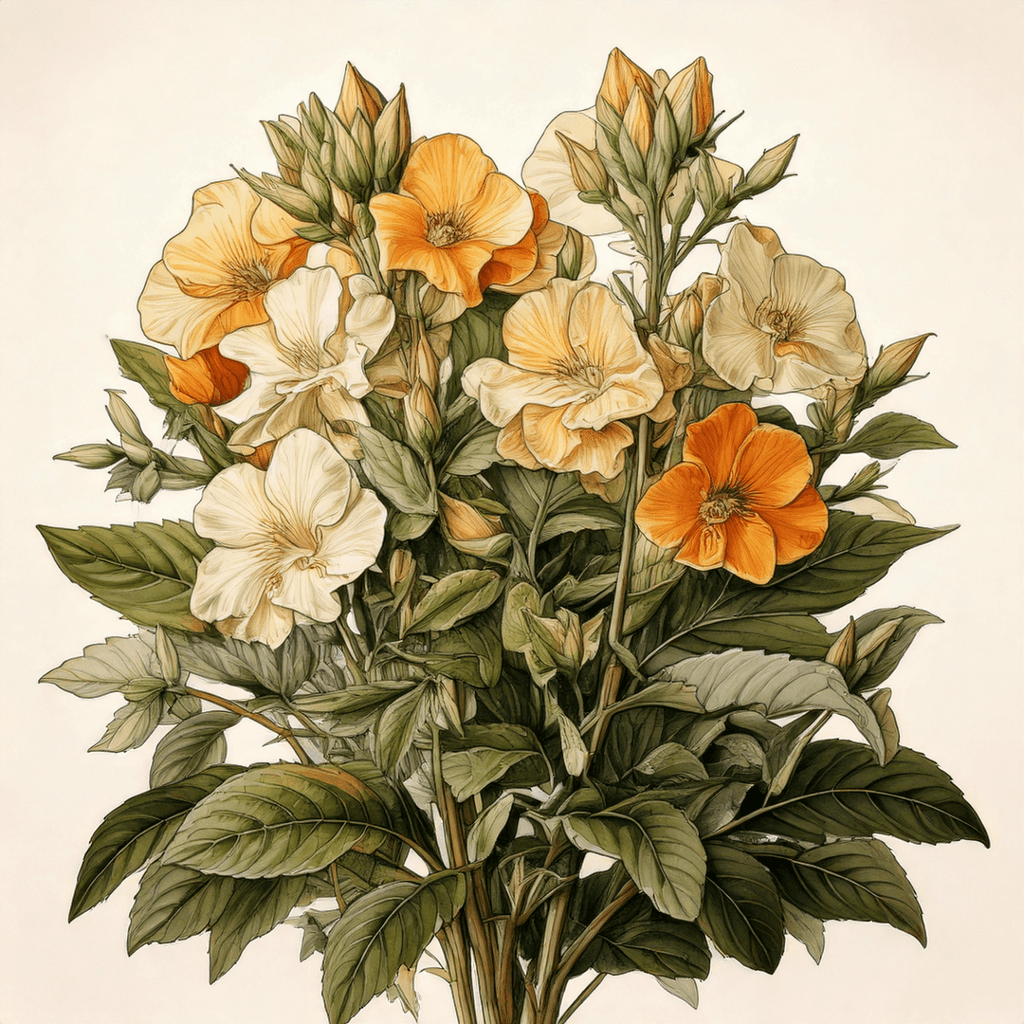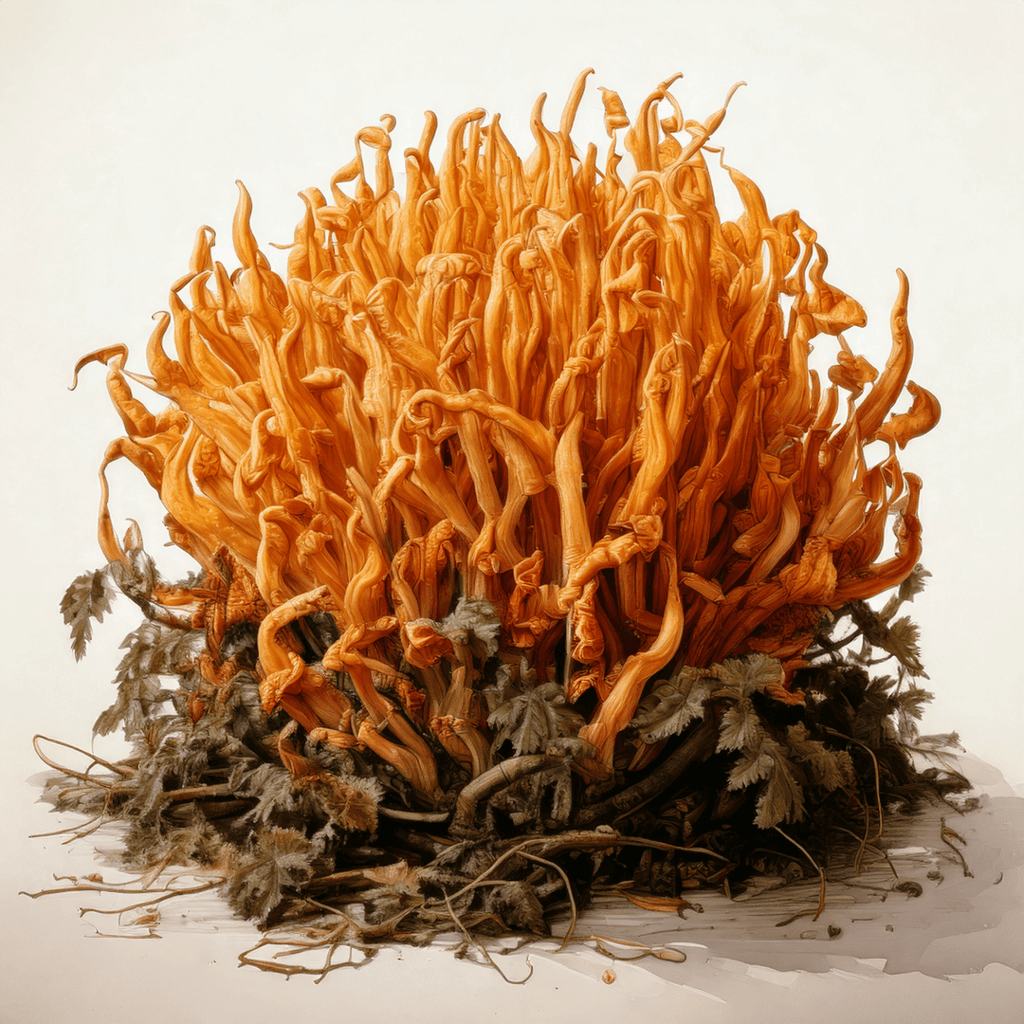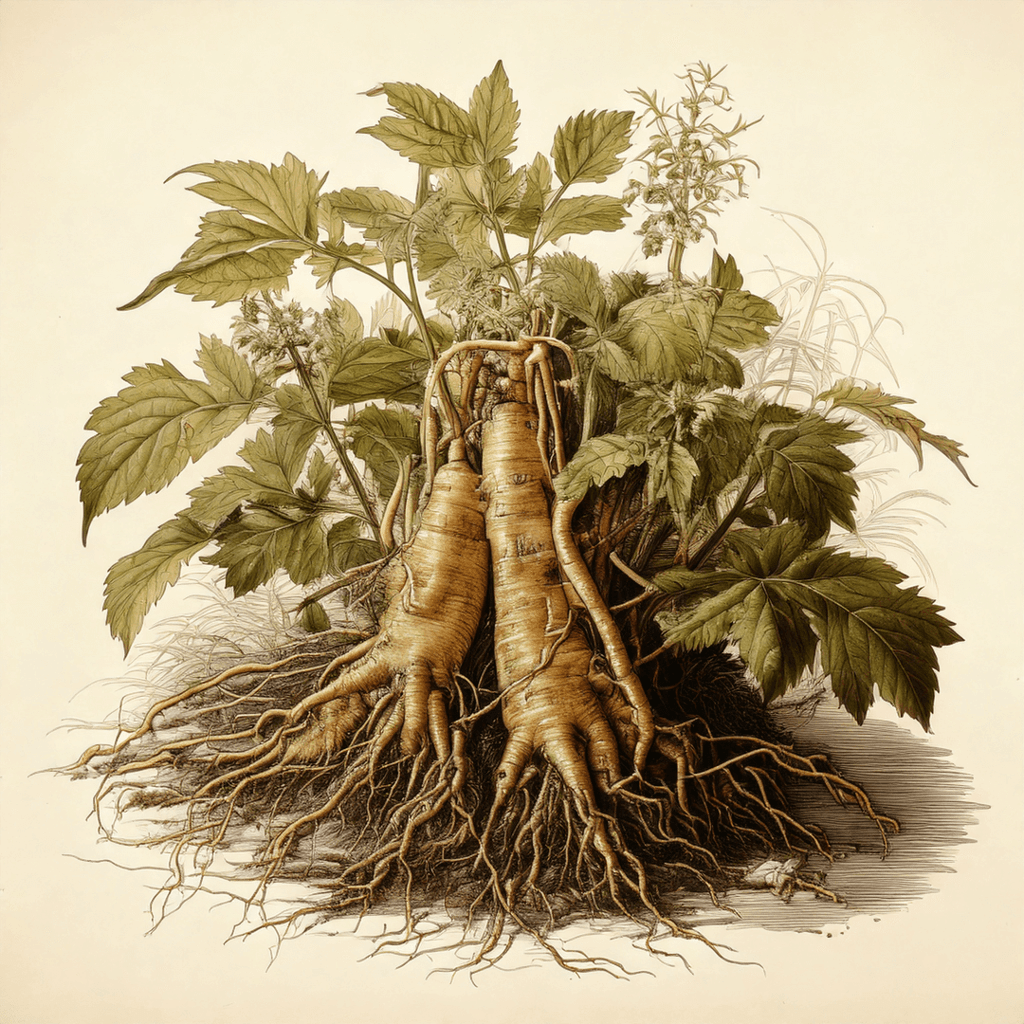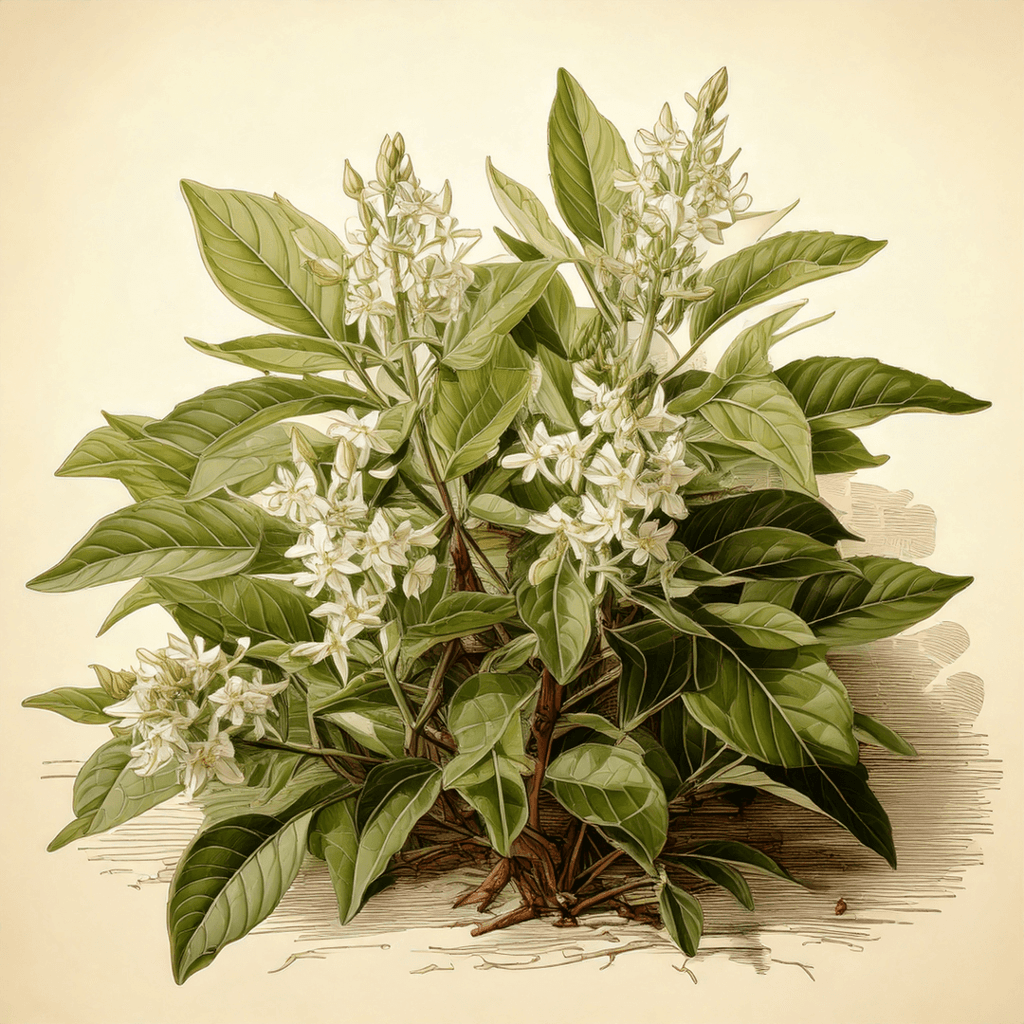What Is Libido?
Libido, or sexual desire, is a natural part of human life — both physically and emotionally. It reflects an inner longing for closeness, intimacy, and sexual contact. Like a fingerprint, libido is deeply individual.
Crucially, libido isn’t constant. It can fluctuate throughout life due to various factors: hormones, mental health, relationships, stress, and lifestyle.
Is There a “Normal” Level of Libido?
There is no universal standard for libido. What feels like a high sex drive for one person might be completely neutral for another. The most important thing is to feel at ease with your own sexual desire — without comparison or pressure.
However, if you notice a significant drop in libido affecting your well-being or relationships, it’s worth exploring natural ways to support it or seeking professional help.
What Affects Women’s Libido?
Libido is influenced by a wide range of factors — biological, psychological, and social. Let’s break them down.
1. Hormones
Hormones like estrogen, testosterone, and prolactin play a crucial role in regulating sexual desire.
- Estrogen — peaks during the first half of the menstrual cycle, often increasing libido right before ovulation. A drop in estrogen levels during menopause can lead to reduced sexual desire.
- Testosterone — although typically associated with men, testosterone is also vital for women’s libido. Low levels may decrease desire and sexual satisfaction.
- Prolactin — rises after childbirth and during breastfeeding, which can naturally lower libido.
A study published in The Journal of Sexual Medicine shows that both a lack and excess of testosterone can affect women’s sexual desire, highlighting the importance of hormonal balance.
2. Stress and Mental Health
Stress is one of the biggest libido killers.
Chronic stress raises cortisol levels — a hormone that can interfere with the production of sex hormones. It also reduces dopamine levels — a neurotransmitter linked to pleasure and motivation.
Research confirms that people experiencing prolonged stress often report lower libido, difficulty reaching orgasm, and less sexual satisfaction.
3. Lifestyle Factors
Your daily habits have a direct impact on your sex drive:
- Lack of sleep — lowers the production of hormones tied to sexual desire.
- Poor diet — deficiencies in zinc, magnesium, and B vitamins can disrupt hormonal balance and lower libido.
- Alcohol and smoking — impair blood circulation, weakening sexual response.
4. Relationships and Communication
Relationship dynamics also play a huge role in libido.
Conflicts, emotional distance, and unaddressed stress within a relationship can lower sexual desire. On the other hand, open communication and emotional security often boost it.
According to research in Archives of Sexual Behavior, relationship satisfaction is closely linked to higher libido levels.
Natural Ways to Boost Libido in Women
1. Physical Activity and Libido
Exercise is a simple yet effective way to boost your sex drive:
- Aerobic exercises (running, swimming, dancing) — improve blood circulation, enhancing sexual sensitivity.
- Yoga — increases body awareness and reduces stress.
- Strength training — can raise testosterone levels, naturally boosting libido.
- Pelvic floor exercises (Kegels) — strengthen the muscles responsible for orgasm intensity.
2. Meditation and Relaxation
Mindfulness techniques like meditation and deep breathing help to:
- Lower stress — by reducing cortisol levels.
- Enhance focus — allowing you to be more present during intimate moments.
- Strengthen body awareness — which can heighten pleasure.
3. Adaptogens That Support Libido
Adaptogens are natural plants and fungi that help the body cope with stress and restore hormonal balance.
- Damiana leaf (Turnera diffusa) — known for its aphrodisiac properties. It improves mood, reduces anxiety, and enhances blood flow to the sexual organs.
- Cordyceps militaris — a powerful adaptogenic mushroom that boosts ATP production (your body’s energy currency), supports circulation, and balances hormones. Discover it in Shroom Power.
- Ginseng (Panax ginseng) — supports libido by improving circulation and boosting energy levels.
- Ashwagandha — reduces cortisol levels and promotes hormonal balance, helping to enhance sexual desire.
If stress is at the root of your low libido, try Shroom Relax, which contains L-theanine from green tea — known for its calming properties.
4. When to Seek Professional Help
If low libido persists and affects your well-being or relationships, don’t wait — seeking professional support can be a crucial step forward.
- Sex therapists — help address psychological and physiological causes of low libido.
- Psychologists — support mental health concerns like anxiety, trauma, or depression that may affect sexual desire.
- Couples therapists — work with both partners to improve communication and intimacy.
Sources:
- Turnera diffusa Willd. ex Schult. as a Medicinal Plant
Postępy Fitoterapii, 2015.
[Link] - Bioactivity of the Genus Turnera: A Review of the Last 10 Years
MDPI Pharmaceuticals, 2023.
[Link] - Cordyceps militaris: A Review of Its Chemical Constituents and Biological Activities
Medicines (Basel), 2021.
[Link] - Ginseng and Female Sexual Function: A Systematic Review
Journal of Sexual Medicine, 2010.
[Link] - Adaptogens and their Stress-Protective Properties in Women
Journal of Traditional and Complementary Medicine, 2018.
[Link] - The Role of Testosterone in Female Sexual Function and Dysfunction
Maturitas, 2002.
[Link]





